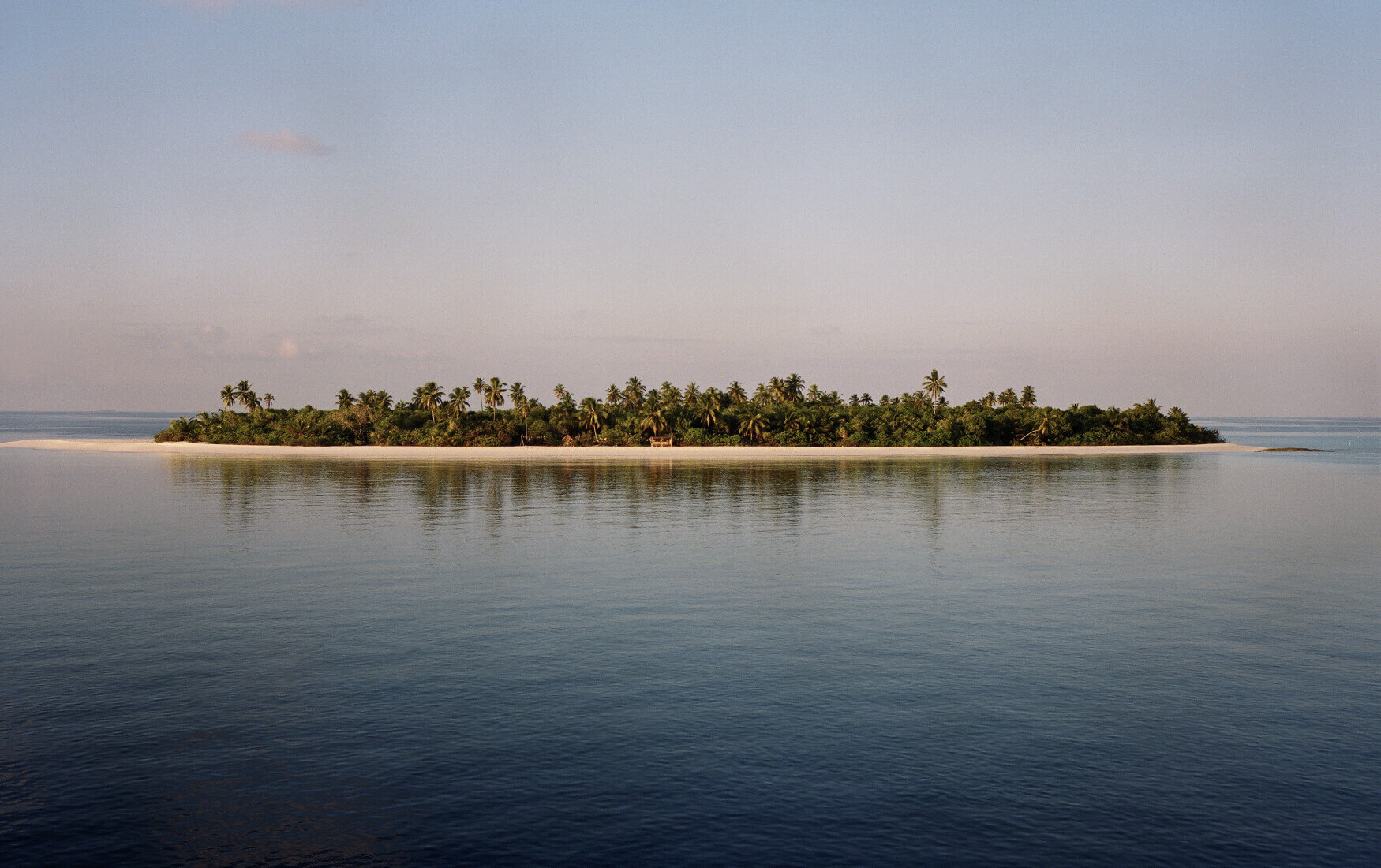People: Shaahina Ali
Shaahina Ali is head of Parley’s programs in the Maldives, working tirelessly across education, plastic interception, government policy and infrastructure development. In 2016, the Republic of the Maldives became the first nation to pledge a nationwide implementation of the Parley AIR Strategy to Avoid, Intercept and Redesign plastic at all levels. Clean Waves caught up with Shaahina to find out more about working and living in the ultimate island nation.
WHAT WAS IT LIKE GROWING UP IN THE MALDIVES, SURROUNDED BY THE OCEAN?
Growing up in the Maldives for me was simple and very free – the whole neighborhood was the beach, and the ocean was my playground.
WHAT ARE SOME OF YOUR FAVORITE PLACES AND MEMORIES FROM CHILDHOOD?
My favorite place has always been the sea. Island picnic trips with family and later with friends will always be on the top of my list of best memories. The sea and the beach and how we would spend from sunrise to sunset playing and discovering the magic of breath-hold diving – and a bit later in my early teens getting my first unforgettable SCUBA experience. I realized later that it is the best thing ever in my life.
WHAT WERE THE BEACHES LIKE WHEN YOU WERE A KID?
My memory of our beaches are of the finest white sand, full of natural shells, with many natural treasures for us to play with. As a kid, I remember a fight we had for a plastic bottle find – it was so rare. Garbage or even fabric, tins, plastic bags were not there. Plastic bags were treasured and reused, as they were not something available even in the shops.
WHAT’S CHANGED?
Our adaptation to a very fast-changing life of convenience. Sadly, the infrastructure and services to cater for the generated waste lags far behind. Waste management in my country is still almost non-existent.
WHAT ARE THE MAIN CHALLENGES AND ISSUES FACING THE MALDIVES, IN TERMS OF PLASTIC POLLUTION?
I believe a lack of waste management system is a major reason why our behavior is not conditioned. Behavior for responsible disposal of plastics can only be instilled if people are conditioned through setting up a disposal system – and the Maldives lacks this. There has been no state infrastructure for households to dispose of waste – there was only a boat to take it to a landfill. Nothing is sorted; all the plastic and chemicals are in one dump and burnt. Waste management is a priority, but until it is set up people will not change. Once it comes in we can change the people.
HOW ENGAGED ARE THE PEOPLE OF THE MALDIVES? ARE POLLUTION, CLIMATE CHANGE AND BIODIVERSITY LOSS BIG ISSUES OR DO PEOPLE HAVE OTHER THINGS TO WORRY ABOUT?
People are aware of the pollution issue; climate change only at a very textbook level. They seem to not be able to relate it on a personal level and understand the consequences of change. They are complacent – the mindset is very different.
WHAT MOTIVATES YOU EVERY DAY?
I see hope. I see more and more young warriors coming out and totally dedicating themselves to change, and inspiring others. More young people are now experiencing the oceans and many are falling in love with what it is and what it is for us. More groups are standing up and truly making a difference – even if it is small.
“I see hope.
More young people are
experiencing the oceans
and falling in love.”
TELL US A BIT ABOUT PARLEY’S EDUCATION WORK. WHAT ARE THE STUDENTS’ ATTITUDES TOWARDS THE PARLEY PROGRAM?
Our school program has changed many minds, especially the management, and also the teachers and students in a way that we never expected.
Our presentations are focused on the connection of the ocean to us. The smallest, tiniest living organisms that we never think of are the source of the air we breathe. Our life depends on the ocean, and we teach students about the true connection the ocean has to humans – to life. I hope we can do more and include this in the school curriculum, and we are working towards this.
The Maldives National University is very keen to take our program further and include a component in their teacher education program. We have also managed to collaborate with the Ministry of Education and make all schools ban single-use plastics in school. Staff and students can now only bring plastics to the school premises if they dispose it responsibly into Parley bags where we take them, sort them and send them for recycling.
They also made it compulsory for all schools to take all students and expose them to the reef once during the academic year of 2018. When we started the program only about 10 percent of students or less from each school would have been in the ocean and seen the reef – or swam. The disconnect was so much.
WHAT CHANGES HAVE YOU NOTICED SINCE THE PROGRAM BEGAN?
A lot of people are now segregating waste and using the schools to dispose of plastics we can recycle. Less is being burnt and less is ending up in the ocean.
WHAT ARE YOU MOST PROUD OF IN YOUR CAREER?
Being able to take people to explore the ocean, and love the ocean. When I see the true curiosity and eagerness to go back in more and more, I know we are changing mindsets.
WHAT’S YOUR FAVORITE SEA CREATURE?
Aaaahhhh so many! But if I have to choose one I have to choose the octopus. They’re so smart, and I’ll never get tired of just looking at one changing colors and adapting.
As our work progresses, we’ll bring you the latest updates from the islands. If you have a pair of Clean Waves sunglasses, be sure to activate your coordinates for personalized updates from the place you support.










